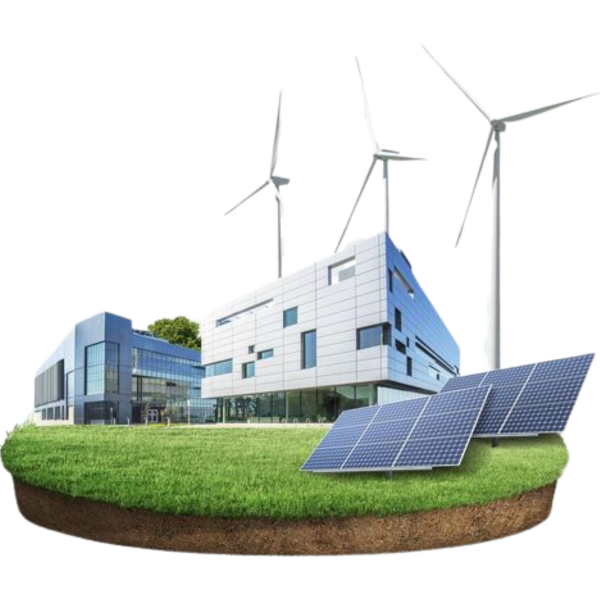Our objective is to facilitate access to information and promote the engagement of Tunisian companies in the transition towards a decarbonized economy. Through this platform, we aim to strengthen partnerships with businesses by providing them with decision-making tools and relevant information aligned with international and national requirements, with a focus on European standards, particularly the Carbon Border Adjustment Mechanism (CBAM).
The platform is designed to:
- Enhance understanding of decarbonization regulations.
- Provide practical tools and knowledge to help businesses calculate their carbon footprint and make data-driven decisions.
Learn about the assessment of the financial impact of climate actions (Carbon Pricing & Carbon Taxation, Decarbonization Actions, Carbon Offsetting)
The NDC: The updated Tunisian NDC foresees a 45% reduction in carbon intensity compared to 2010 levels by 2030, which would avoid approximately 88 million tonnes of CO2 equivalent over the entire period, requiring a total investment of around 19 billion USD. 72% of the target comes from the energy sector, which requires an investment of about 11.5 billion USD.
Tunisia demonstrates a clear political will: the country's political commitment is materialized by an appropriate institutional framework, a coherent legal framework, and financing mechanisms backed by a dedicated energy transition fund, ensuring the sustainability of actions and programming.
Within the national context, Tunisian companies contribute 70% to the NDC targets and 71% of the investments planned in the NDC for mitigation are to be mobilized by/for the private sector. This contribution amounts to 75% in the mitigation objectives of the energy sector. At the same time, Tunisia has developed a favorable regulatory and incentive framework to promote energy efficiency and renewable energies, as well as a wide range of services, equipment, and financing to enable a more cost-effective low-carbon transition. Tunisia also commits to supporting Tunisian exporters in meeting international requirements, particularly with regard to compliance with transparency requirements through carbon accounting.
The NDC, national energy transition and low-carbon strategies aim to achieve:




